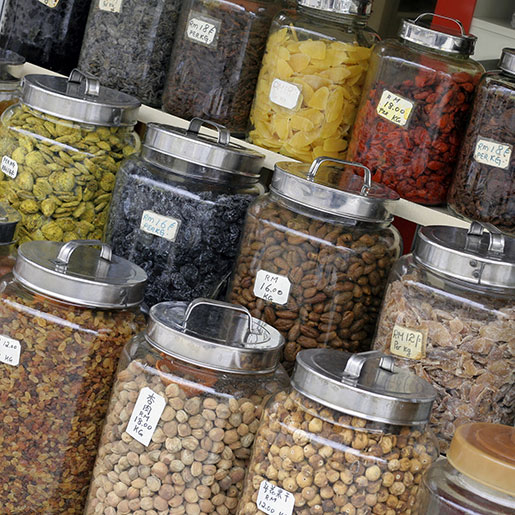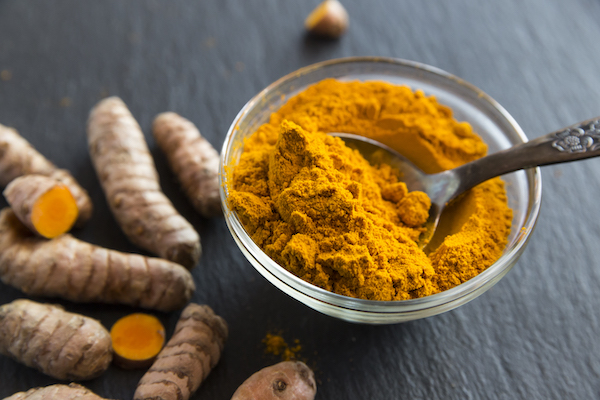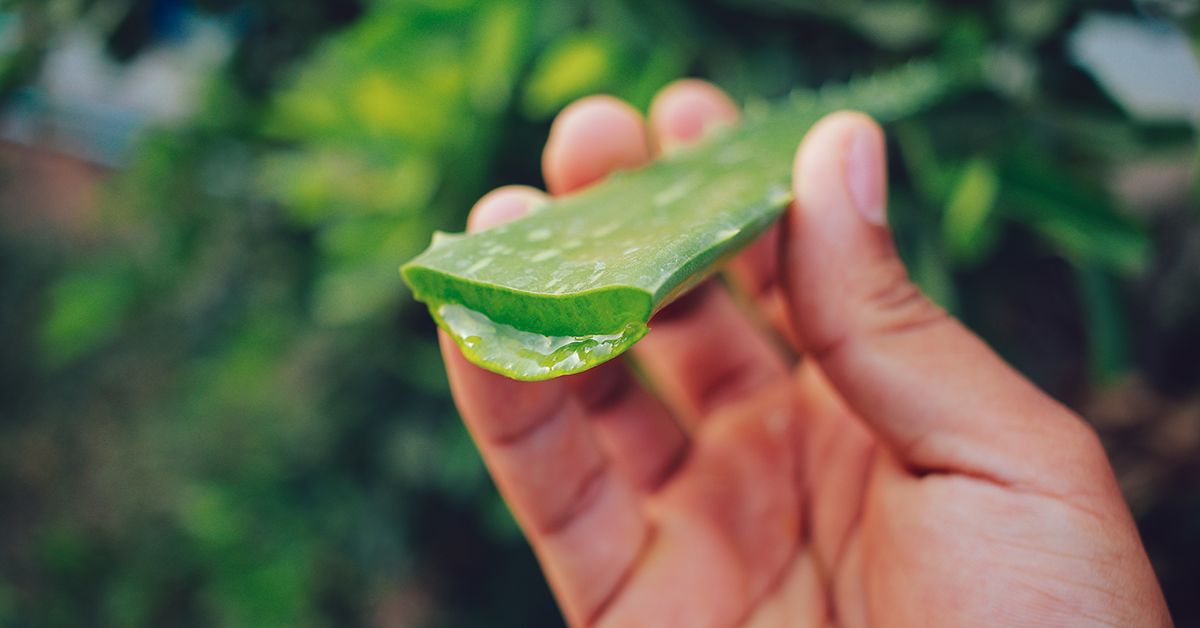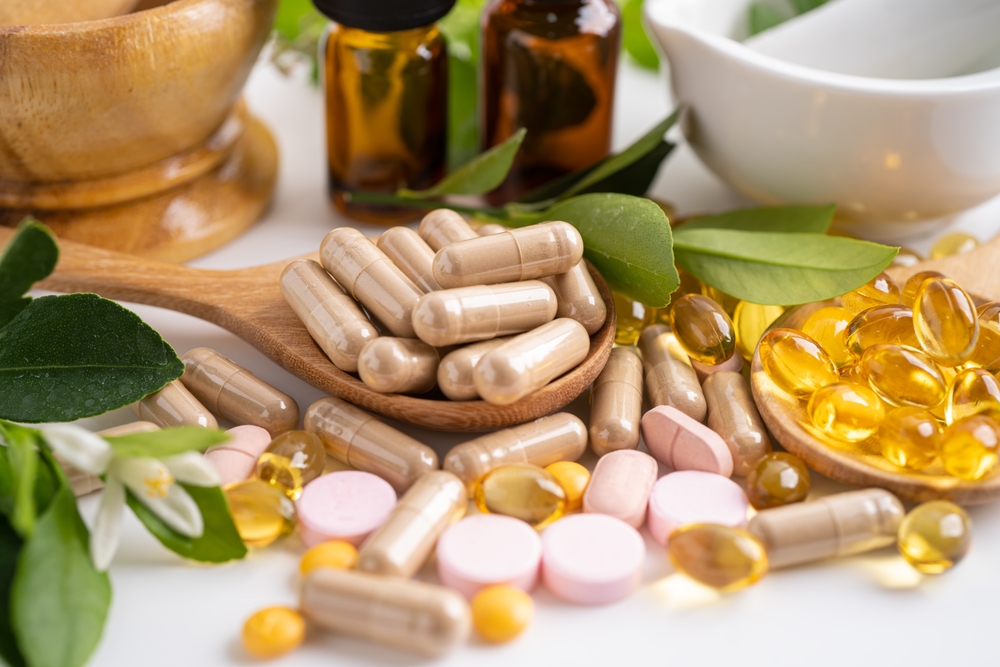Joint pain typically arises from the inflammation that damages cartilage—the cushioning tissue that covers joints. Inflammation is a natural response by the body, designed to protect injured tissue; however, chronic inflammation can lead to persistent pain and stiffness. This is especially common in conditions such as arthritis, where the body’s inflammatory pathways become overactive. According to a UTSW Med article, the management of musculoskeletal pain requires a personalized approach because each individual’s experience of pain can vary widely. Knowing the underlying factors—from lifestyle and genetics to specific inflammatory markers—can help in tailoring treatments that reduce pain without causing additional health risks.

Herbal supplements leverage bioactive compounds found in plants that can modulate inflammation and alleviate pain. Unlike many synthetic drugs, which often target one specific pathway, these natural remedies work by influencing multiple systems in the body simultaneously. For example, many herbs possess antioxidant properties that help neutralize free radicals, while others directly inhibit inflammatory molecules or enhance the body’s natural healing processes. Research highlighted by NCBI supports the notion that compounds found in herbs like turmeric and ginger can significantly impact inflammatory pathways, leading to reduced joint discomfort and improved mobility.
Popular Herbal Supplements for Joint Pain Relief
Below is a closer look at several herbal supplements that have gained recognition for their potential to relieve joint pain and improve overall joint health.
Turmeric (Curcumin)
Turmeric, a vibrant yellow spice commonly used in curries, contains an active compound known as curcumin. Curcumin is celebrated for its powerful anti-inflammatory and antioxidant properties. Studies suggest that curcumin can inhibit specific enzymes and cytokines responsible for inflammation, making it a promising option for conditions like arthritis. However, curcumin is not easily absorbed by the body on its own. To enhance absorption, it is often taken in conjunction with fats (like those in avocado or olive oil) and black pepper, which contains piperine—a natural compound that boosts curcumin’s bioavailability. For further insights, a Healthline review explains how curcumin can serve as a natural alternative to conventional anti-inflammatory drugs without many of the gastrointestinal side effects.
Ginger
Ginger has been used for thousands of years not only as a flavorful spice but also as a natural remedy for various ailments, including joint pain. Its anti-inflammatory properties stem largely from compounds called gingerols, which help reduce the production of pro-inflammatory chemicals. Ginger is particularly noted for its dual role—it can soothe joint pain and also alleviate nausea, making it a versatile option for those undergoing treatments that cause both discomfort and digestive issues. According to research discussed on WebMD, incorporating ginger into one’s diet or as a concentrated supplement may help ease joint stiffness and pain over time. Simple ginger teas or even incorporating fresh ginger into meals can offer a gentle yet effective approach to pain management.
Boswellia Serrata (Indian Frankincense)
Another herb garnering attention for its anti-inflammatory prowess is Boswellia serrata, often referred to as Indian frankincense. Boswellic acids—the active components in Boswellia—have been shown to reduce inflammation by inhibiting enzymes that lead to joint damage. This natural remedy has been used traditionally in Ayurvedic medicine to relieve chronic pain and improve joint function. Many patients have found that supplementing with Boswellia can help reduce swelling and improve mobility, especially when used alongside other natural treatments. Clinical insights from Pain Management Services underscore the potential benefits of Boswellia for those looking for alternative pain relief solutions without the side effects of nonsteroidal anti-inflammatory drugs (NSAIDs).
Willow Bark
Willow bark has long been recognized as a natural pain reliever, dating back centuries when it was used as a folk remedy. Its active ingredient, salicin, is chemically similar to aspirin, which helps block pain signals and reduce inflammation. For individuals seeking a natural alternative to NSAIDs, willow bark may offer a gentler option. However, it is important to note that, like any supplement, dosage and individual tolerance are crucial. Information available on Healthline highlights that while willow bark can effectively relieve joint pain, it should be used with caution, particularly in those with sensitive stomachs or those who are already taking other blood-thinning medications.
Cat’s Claw
Cat’s claw is an herb native to South and Central America, traditionally used for its anti-inflammatory and immune-boosting properties. Some studies have suggested that cat’s claw may help reduce joint swelling and pain by modulating the body’s inflammatory response. While research is still ongoing, initial findings indicate that cat’s claw might be particularly beneficial for those with rheumatoid arthritis or osteoarthritis. As with other herbal remedies, it’s essential to consult with a healthcare provider before beginning supplementation, especially since the dosage and formulation can affect both efficacy and safety.
Additional Herbs and Natural Compounds
Other natural substances have also shown promise in alleviating joint pain:
- Aloe Vera: Known primarily for its soothing properties on the skin, aloe vera also contains compounds that exhibit anti-inflammatory effects. Topically applied, aloe vera gel may provide relief from joint pain by reducing localized inflammation.
- Cinnamon: Beyond its culinary uses, cinnamon has been identified for its antioxidant and anti-inflammatory properties. Research suggests that cinnamon supplements might help lower inflammation, although more studies are needed to determine optimal dosages.
- Thunder God Vine: This traditional Chinese herb has been used for centuries to manage inflammatory conditions, including arthritis. However, due to its potential for serious side effects, it is typically only recommended under strict professional supervision.
- Green Tea Extracts: Rich in antioxidants, particularly epigallocatechin gallate (EGCG), green tea can help combat oxidative stress—a key contributor to chronic inflammation. Regular consumption of green tea or its extracts may support overall joint health, although the amounts required for significant pain relief remain under investigation.
Complementary Natural Supplements
In addition to herbal remedies, several other natural supplements can contribute to joint health:
- Glucosamine and Chondroitin: Often taken together, these supplements are components of cartilage and may help support joint structure and function. While results from studies are mixed, many individuals report modest improvements in joint mobility and pain reduction.
- Omega-3 Fatty Acids: Found in fish oil and some plant sources, omega-3 fatty acids help reduce the production of inflammatory chemicals in the body. Their use has been linked to decreased joint stiffness and improved overall joint function.
- MSM (Methylsulfonylmethane): This organic sulfur compound is believed to support the formation of connective tissue. Although studies have yet to conclusively prove its benefits for arthritis pain, some people find that MSM helps reduce inflammation and improves joint comfort.
- SAMe (S-adenosylmethionine): Naturally produced in the body, SAMe has been researched for its potential to relieve joint pain similarly to NSAIDs. It may also help repair cartilage damage, although it can interact with certain medications, so professional guidance is advisable.
How to Use Herbal Supplements Safely
While the potential benefits of herbal supplements are promising, it is important to use them responsibly. Here are several key points to consider:
- Consult with a Healthcare Provider: Before starting any new supplement regimen—especially if you are taking other medications or have underlying health conditions—a consultation with a healthcare professional is essential. They can help assess potential interactions and advise on appropriate dosages.
- Quality and Dosage: Not all supplements are created equal. The purity, concentration, and formulation can vary significantly between brands. Look for products that have been independently tested for quality and potency. For example, curcumin’s bioavailability is enhanced when combined with black pepper extract, so products formulated in this way may be more effective.
- Monitor for Side Effects: Even natural supplements can cause adverse reactions in some individuals. Common side effects may include gastrointestinal upset or allergic reactions. If any unusual symptoms occur, discontinue use and consult a professional.
- Integrate with Lifestyle Changes: Herbal supplements tend to work best as part of a comprehensive approach to joint health. Combining these supplements with regular exercise, a balanced anti-inflammatory diet, weight management, and stress reduction techniques can maximize benefits and improve overall well-being.
- Be Patient and Consistent: Natural remedies may take time to show noticeable benefits. It is often recommended to use supplements consistently for several weeks or months before evaluating their effectiveness.
Integrating Herbal Supplements into a Holistic Pain Management Plan
Herbal supplements can serve as a valuable component of a broader strategy for managing joint pain. Many find that a holistic approach—one that combines nutritional support, physical therapy, and stress management—offers the most sustainable relief.
For instance, pairing turmeric or ginger supplements with a Mediterranean-style diet rich in fruits, vegetables, whole grains, and healthy fats can provide a double boost against inflammation. Physical activities like yoga, tai chi, or low-impact exercises not only improve joint mobility but also enhance circulation, further helping the body to manage inflammatory processes. Moreover, complementary therapies such as acupuncture or massage therapy have shown benefits in reducing pain and improving joint function, as noted by WebMD.
Another promising strategy involves combining herbal supplements with conventional treatments. While many herbal remedies offer relief on their own, their benefits are often amplified when used alongside prescribed medications and lifestyle adjustments. For example, patients with rheumatoid arthritis might find that integrating Boswellia or cat’s claw into their treatment plan reduces the need for higher doses of conventional pain relievers, ultimately decreasing the risk of side effects.
Simplifying Complex Concepts
Understanding how herbal supplements work can be challenging because it involves biochemical processes and interactions within the body. Here’s a simplified explanation:
- Inflammation Control: Many herbal supplements contain compounds that block the production of inflammatory chemicals. Think of these chemicals as “fire alarms” that signal pain and swelling. By dampening these signals, herbs like curcumin and ginger help reduce the overall inflammatory “noise” in the body.
- Antioxidant Activity: Oxidative stress occurs when harmful molecules (free radicals) accumulate in the body, damaging cells and tissues. Antioxidants—found abundantly in green tea and cinnamon—act like scavengers, neutralizing these harmful agents before they can cause significant damage.
- Joint Lubrication and Repair: Compounds such as glucosamine and chondroitin serve as the building blocks for cartilage. They can help maintain the cushioning that protects joints, making it easier for them to move without pain.
By breaking down these complex interactions into more digestible ideas, it becomes easier to appreciate why certain herbal supplements may be beneficial for joint pain relief.
What the Research Says
A growing body of research supports the use of herbal supplements in managing joint pain. While many studies acknowledge that more large-scale, rigorous trials are needed, early findings are promising:
- Turmeric and Curcumin: Several studies have demonstrated that daily intake of curcumin—around 500 to 1,000 mg—can significantly reduce joint pain and stiffness.
- Ginger: Research available on WebMD indicates that ginger not only reduces inflammation but may also improve mobility in patients with osteoarthritis.
- Boswellia Serrata: Clinical trials have reported that Boswellia extracts help improve joint function and reduce pain, often serving as a valuable complement to other treatment modalities.
- Omega-3 Fatty Acids: Numerous studies support the anti-inflammatory effects of omega-3s, suggesting that these fatty acids help modulate the body’s inflammatory response, thereby reducing joint pain.
Each of these findings contributes to a broader understanding that herbal supplements can serve as an effective, natural option for those suffering from chronic joint pain.
Final Thoughts
Herbal supplements offer a promising natural alternative to help manage joint pain and inflammation. When used responsibly and integrated into a comprehensive wellness plan, they can provide significant relief, enhance joint function, and contribute to overall health. As with any treatment, individual results may vary, and it is essential to approach herbal supplementation with careful research and professional guidance.
In today’s world, where many are searching for alternatives that are both effective and gentle on the body, herbal supplements represent a bridge between ancient traditions and modern science—a natural path toward relief that might just be the key to enjoying a more active, pain-free life.
Sources:




For more information on these natural remedies and how they might fit into your wellness journey, consider exploring the detailed resources provided by Arthritis Society Canada
Disclaimer: This article is for informational purposes only. It does not substitute professional medical advice. Always consult a healthcare provider before starting any new treatment or supplement regimen.




